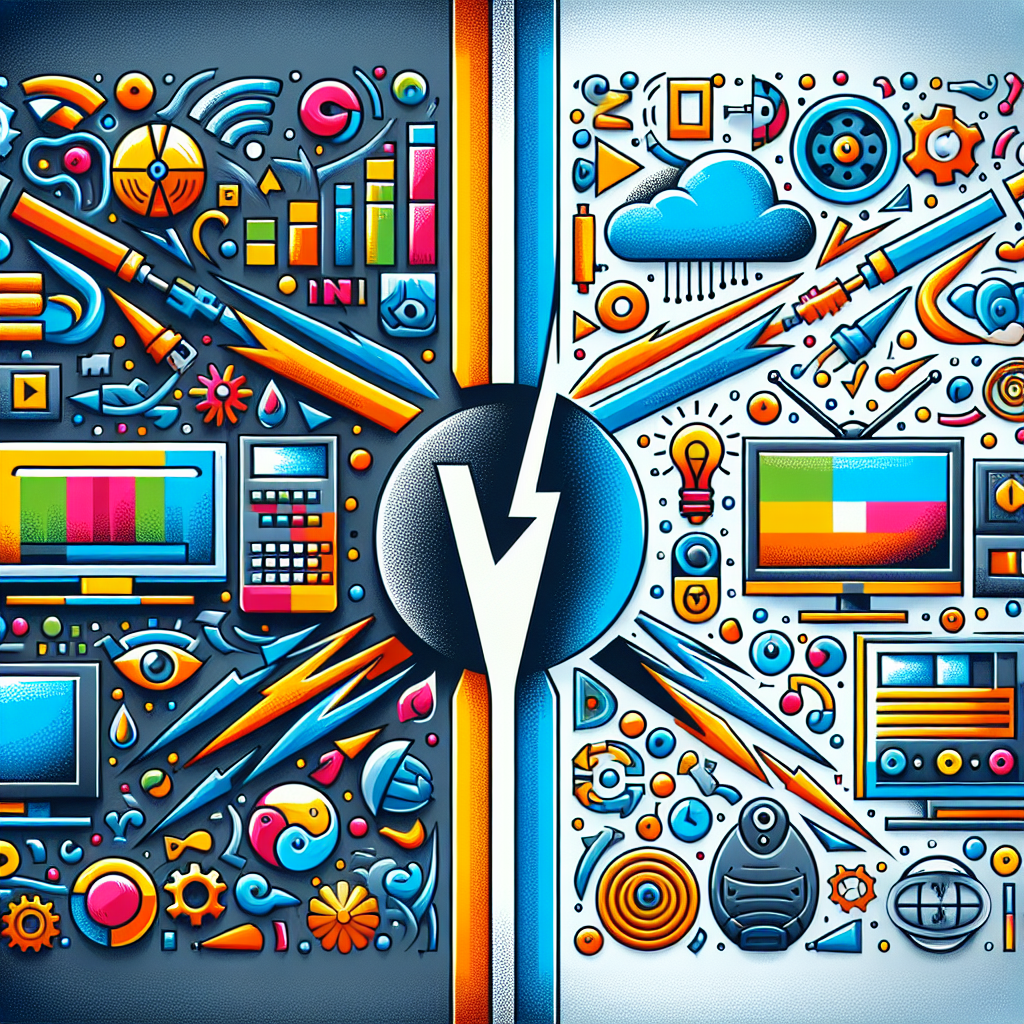In today’s digital age, consumers have more options than ever before when it comes to their television viewing experience. Two popular choices for accessing television content are IPTV (Internet Protocol Television) and traditional cable TV. Both options have their own set of advantages and disadvantages, so it’s important for consumers to weigh their options carefully before making a decision.
IPTV is a relatively new technology that allows users to stream television content over the internet. This means that viewers can access their favorite shows and movies from any device with an internet connection, such as a smart TV, computer, or smartphone. IPTV services typically offer a wide range of channels and on-demand content, making it a convenient option for consumers who want to customize their viewing experience.
One of the biggest advantages of IPTV is its cost-effectiveness. Since IPTV services are delivered over the internet, they often come at a lower price point than traditional cable TV packages. Additionally, IPTV providers frequently offer flexible subscription options, allowing users to pay for only the channels and features they want.
On the other hand, cable TV has been a staple in households for decades and continues to be a popular choice for many consumers. Cable TV offers a wide selection of channels, including premium options such as HBO and Showtime, as well as local channels and sports networks. Additionally, cable TV typically provides a reliable connection and high-quality picture and sound.
One of the main drawbacks of cable TV is its higher cost compared to IPTV services. Cable TV packages can be expensive, especially when adding premium channels or additional features. Additionally, cable TV contracts often come with hidden fees and long-term commitments, making it difficult for consumers to switch providers if they are unsatisfied with their service.
Ultimately, the decision between IPTV and cable TV comes down to personal preferences and priorities. Consumers who prioritize cost-effectiveness and flexibility may prefer IPTV, while those who value a wide selection of channels and a reliable connection may opt for cable TV. It’s important for consumers to research and compare the features and pricing of both options before making a decision.
In conclusion, both IPTV and cable TV have their own set of advantages and disadvantages for consumers. By carefully considering their viewing habits, budget, and preferences, consumers can choose the option that best suits their needs. Whether opting for the convenience of IPTV or the reliability of cable TV, consumers can enjoy a wide range of television content at their fingertips.

Leave a Reply
You must be logged in to post a comment.